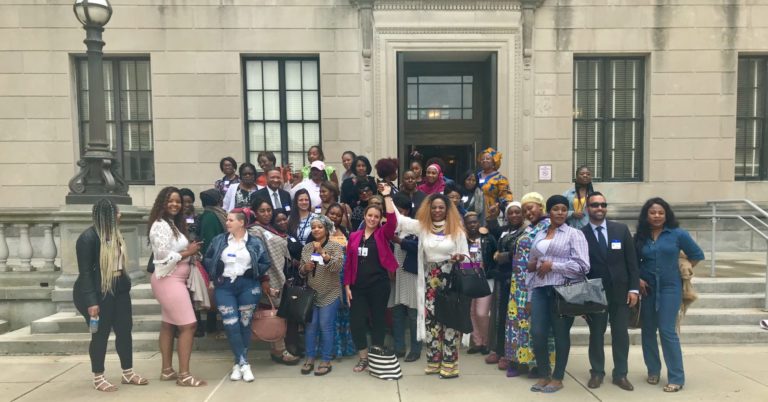
An Open Letter to Phil Murphy About S-2510/A-3754
Dear Governor Phil Murphy:
On behalf of Americans for Prosperity, and our tens of thousands of activists across the state, please follow through on your promise to the New Jersey Legislative Black Caucus and sign S-2510/A-3754, which would end the requirement that those wanting to practice traditional African hair braiding obtain an occupational license.
Currently the state of New Jersey requires all those who want to braid hair to obtain a cosmetology license. This is no small feat, since the state requires 1,200 hours of training, two exams, and also mandates that the student must have graduated from high school. One top of this, applicants in New Jersey leave with an average of $6,000 in student debt due to the cost of obtaining a cosmetology license. While these requirements are burdensome enough for cosmetologists, they are even worse for hair braiders considering that most cosmetology curricula do not even teach hair braiding.
What then is the purpose of the over 1,200 hours of training, exams and thousands of dollars in unhelpful classes? Opponents tell us that training is crucial to protect the health and safety of consumers from untrained braiders, yet the facts tell a different story. According to the Institute for Justice, 9 states plus Washington, D.C. turned up just 130 complaints in 7 years about hair braiding. The vast majority of these claims were about whether the hair braiders were properly licensed, not due to any health or safety concerns. Of the six cases that were health and safety related, none were found to have merit.
Opponents of this bill represent established interests in the cosmetology industry, who operate schools that benefit financially from the fees paid by cosmetology students. When they do not get their way, these schools sometimes lobby for alternatives that continue to pad their bottom line. These include new types of licenses, with pared down requirements that are more related to hair braiding, but ultimately the same schools benefit from the system. Artificially restricting the supply of labor allows providers to charge significantly higher prices for customers, and allows their representatives in the cosmetology schools to maintain their status as the gatekeepers of the industry. No one gets in without paying their due.
Where we see a group of hard-working women fighting to freely practice the traditional art of hair braiding, the special interests that have lined up against this bill see only a threat to their turf.
New Jersey has a wide range of regulatory options at its disposal in this industry, including the compromise language in the bill for registration. At the extreme end of the regulatory toolkit is licensing, the most onerous and restrictive option short of full prohibition. Not all industries – and certainly not hair braiding – need to be regulated by way of licensing. In most cases, there are smarter alternatives available. All too often, the decision to impose licensing requirements is not an attempt to craft good policy, but an attempt to placate special interests in industry.
For many hair braiders, even if they could afford the thousands of dollars in fees and all those days and nights away from their families, it would be nearly impossible for them to enter this profession, even though their culture and their upbringing have already given them the skills they need to succeed. This special-interest-driven abuse of licensing has forced these women into an impossible choice: to provide for their families or break the law. This is a choice that no one in New Jersey should have to face.
This is a common sense, bipartisan, and popular piece of legislation. Hair braiding is perfectly safe and passing this legislation will allow those with hair braiding skills to support themselves and their families. I respectfully urge you to please sign S-2510/A-3754 and provide braiding freedom for workers in New Jersey.
Sincerely,
Erica L. Jedynak
New Jersey State Director
Americans for Prosperity

